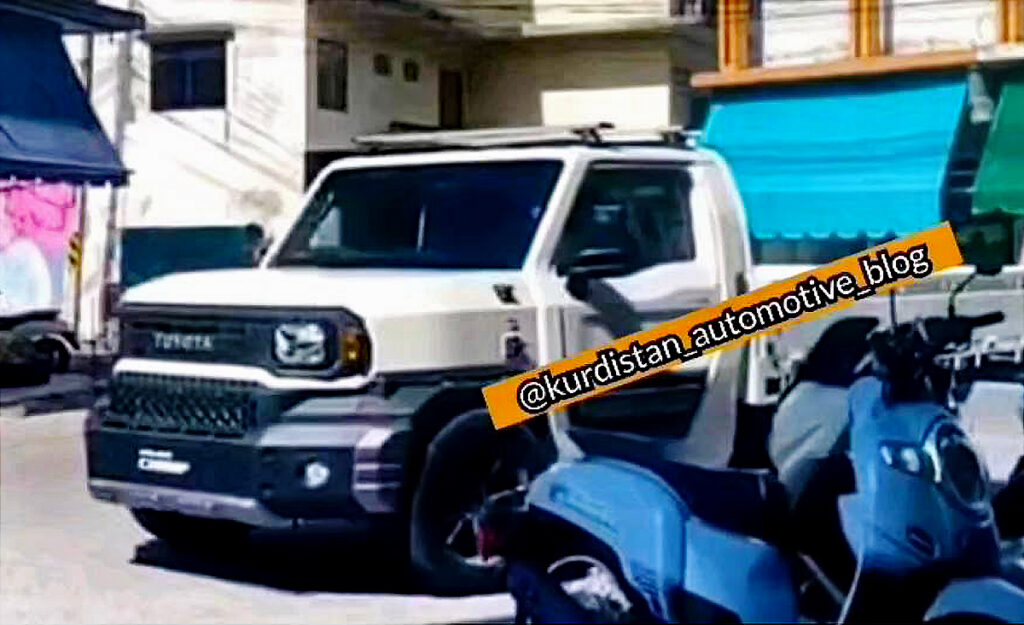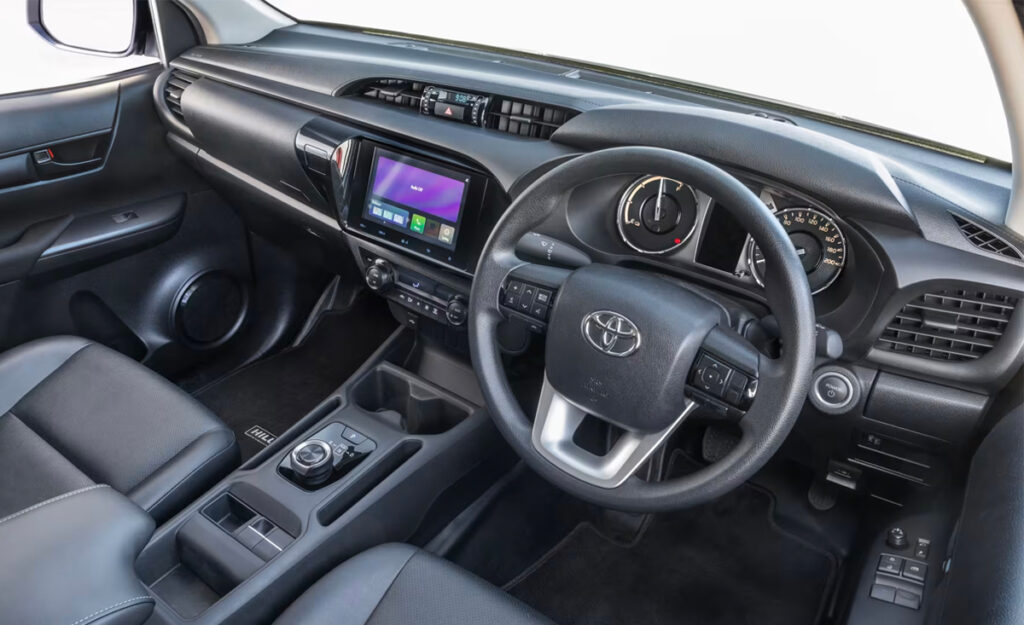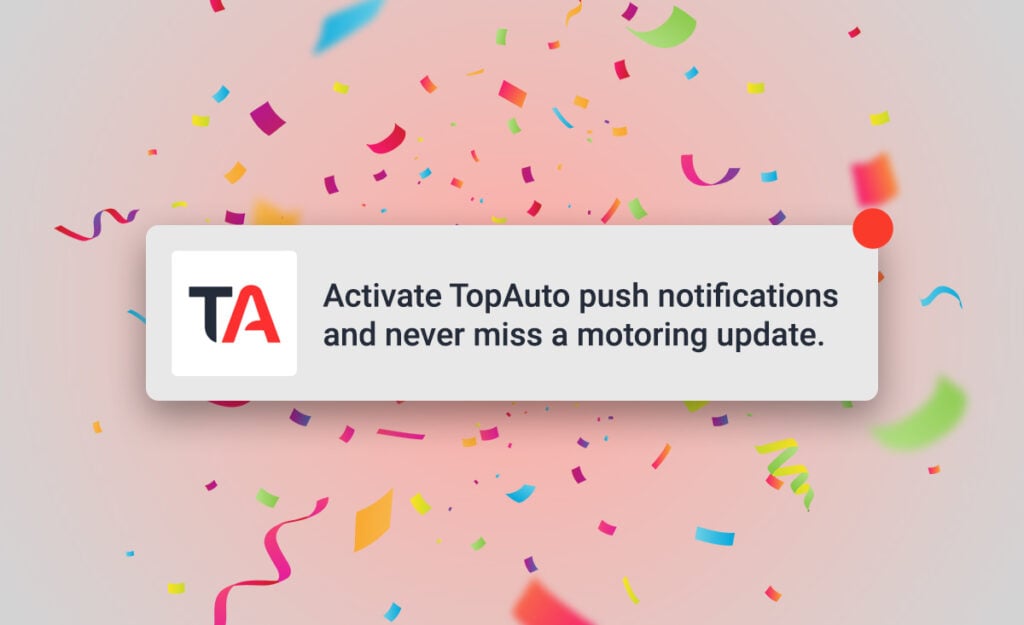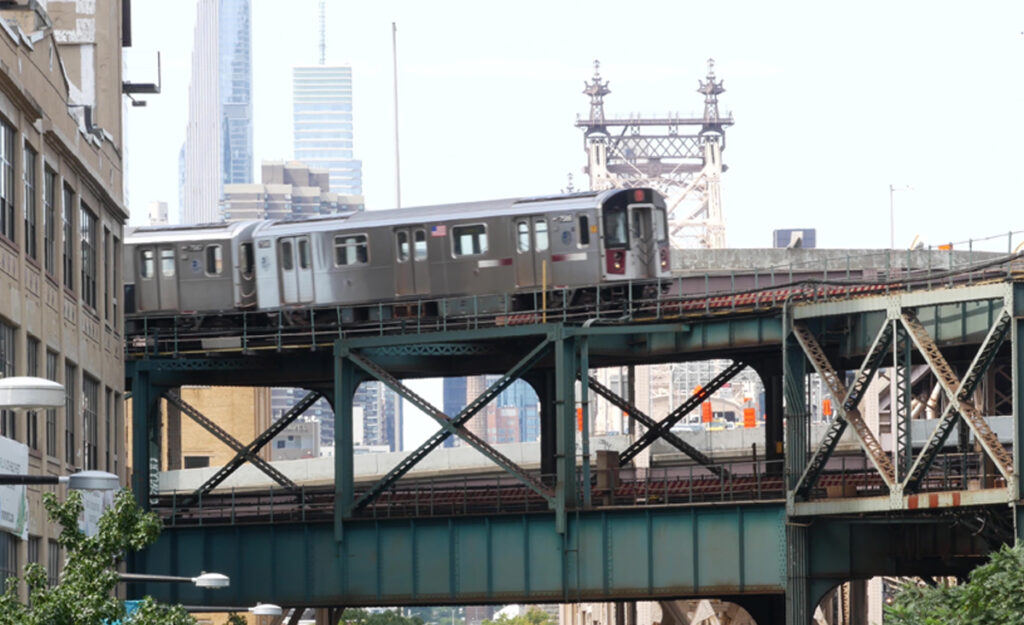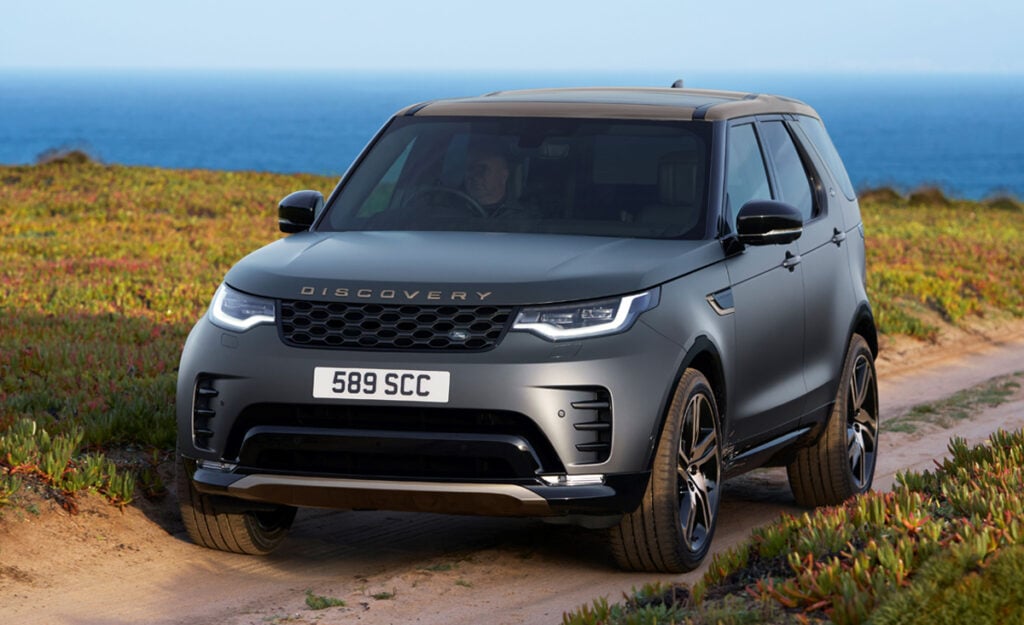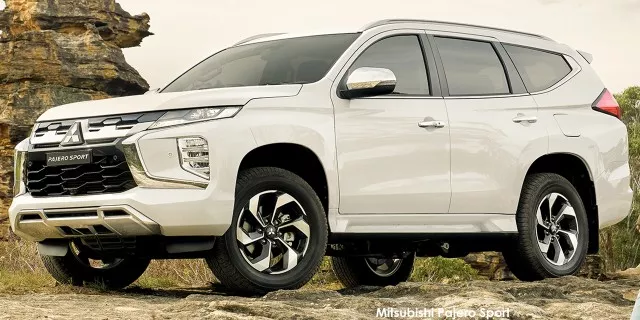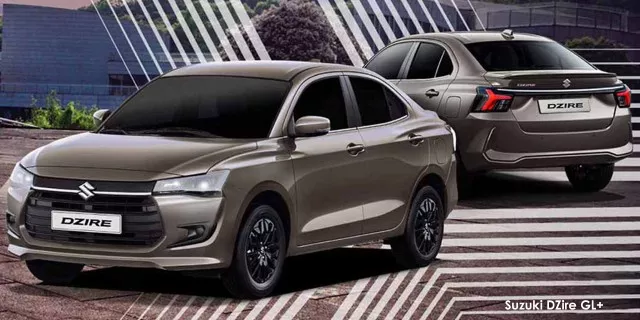Toyota testing new electric bakkie – What it means for South Africa

Toyota has announced its plans to test a number of all-electric bakkies in 2024 as part of its ongoing efforts to keep up with the trends set by the automotive industry.
The battery-electric pickups will be put to the test in Thailand – one of the company’s five major global research and development hubs – in order to develop the technology to suit local conditions, Toyota’s executive vice president, Pras Ganesh, recently told Reuters in an interview.
While the automaker has not yet confirmed which electric vehicles (EVs) will be put under the microscope, it’s very likely that the battery-powered Hilux Concept that was revealed in Thailand at the end of 2022 will be one of the frontrunners in the assessments, which may serve as an indication of whether Toyota will continue to support the idea, and whether or not South Africa can ultimately expect an electric version of its best-selling car.
Stepping stone to the South African market
Thailand is an important market for South Africa to keep tabs on, as it is both a major manufacturing hub for major automakers and a key launching point for several bakkies that go on to sell across the Indian Ocean region, including the ASEAN markets of Southeast Asia, Australia, India and, more often than not, South Africa.
The Ford Everest and Ranger Raptor are imported to South Africa from Thailand, the facelifted Isuzu D-Max was recently unveiled there, and the next-generation Mitsubishi Triton was just launched in the tropical nation months ahead of its scheduled debut in locations like Japan, Australia, and South Africa, the carmaker recently confirmed to TopAuto.
For Toyota specifically, leaked reports show that a near-production-ready single cab known as the Hilux Champ is currently making the rounds in Thailand as part of its final testing phase, and this is a vehicle that is expected to eventually launch in more than 180 markets – at which point it’s hard to imagine that South Africa will not be one of the recipients.
The Champ is itself based on the brand’s new IMV 0 Concept platform, which currently has three bakkies, a minivan, and an SUV planned to use it and which was, you guessed it, first shown off in Thailand in December 2022.
Looking at past entries, Thailand typically also receives new Toyota models before South Africa, as was the case with units like the Hilux GR-Sport and the Corolla Cross GR-Sport hybrid.
All of this goes to show that a new Toyota bakkie touching down in the Southeast Asian country is cause for curiosity from Mzansi motorists, as it has a solid track record of welcoming new cars that eventually touch down here as well.
The manufacturer has given its electric Hilux concept to a few outlets such as Australia’s Drive.com, but has not provided an in-depth breakdown of all its inner workings including the drivetrain, so first impressions are limited to speculation at this point.
Getting ahead of the curve
Despite being the world’s largest carmaker, Toyota has not been a huge player in the battery-electric scene up till this point but has instead concentrated its efforts on hybrids, which it argues are a more feasible eco-friendly solution for most markets.
This may soon change, however, as vice president Ganesh explained to Reuters that the automaker was starting to lose ground to Chinese competitors in the bakkie space who are pursuing electrification much more aggressively.
In South Africa, the Shanghai Automotive Industrial Corporation (SAIC) was recently able to beat the country’s other 4×4 producers in launching the first all-electric double cab on our soil, despite brands like Toyota, Ford, and Isuzu all having a well-established presence here with their own factories.
Another Chinese automaker, JAC, is also poised to launch a battery-powered version of its T9 flagship in 2024, while Toyota is only just beginning to look at a mild-hybrid version of the Hilux.
While electric cars still garner a mixed response from individual consumers in South Africa for understandable reasons, such as load shedding and their high upfront purchase price, EVs are a much more compelling endeavor for companies looking to reduce their long-term running and maintenance costs, while also scoring a few PR points in the process for going green.
Considering that roughly 50% of Hilux sales in South Africa are for commercial cabs, it’s not surprising to think that the Japanese firm may want to ramp up its electrification efforts in that sector, lest it lose out to newcomers from China that are poised to corner the new-energy market.
